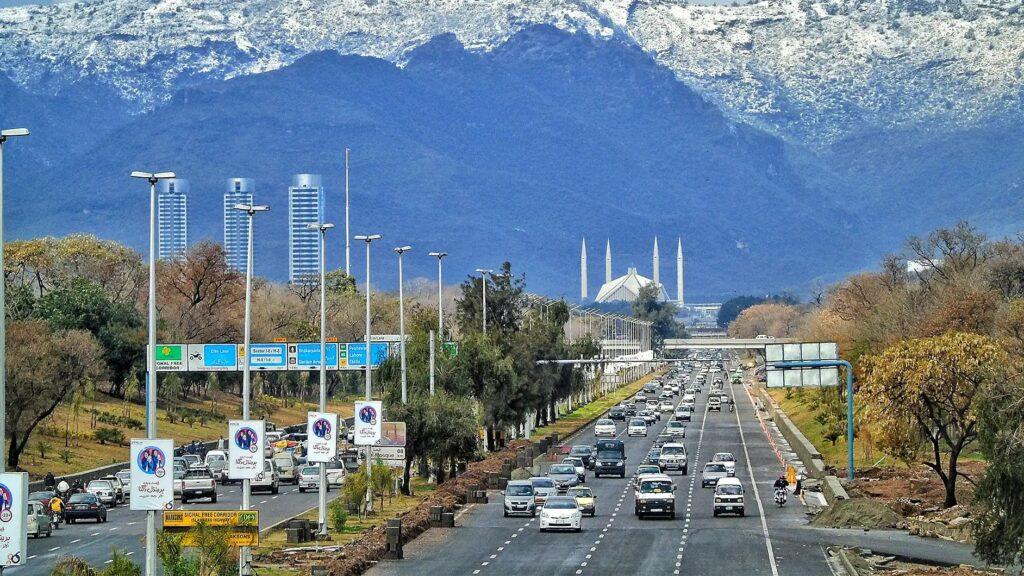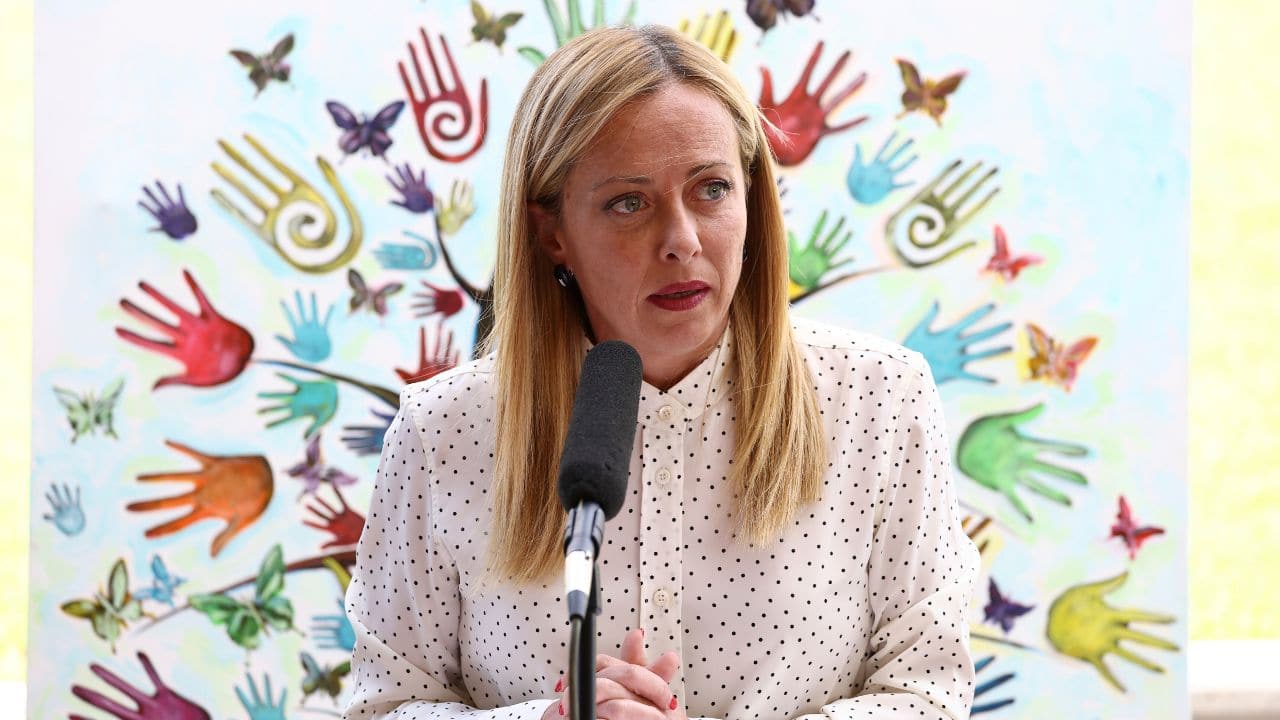
By Park Sung-ik The phenomenon of excessive concentration on medical schools in Korea has become a glaring issue, significantly impacting the education landscape and affecting the aspirations of high school students. Unfortunately, it has established practices such as beginning education to enter medical schools as early as elementary school. Many students enroll in specialized "college prep" programs, particularly those aimed at students aspiring to enter highly competitive medical schools.
These programs focus intensively on subjects that allow for optimal performance in the rigorous entrance examinations, often overshadowing other career paths. The allure of the medical profession is further reinforced by the academic environment at prestigious universities such as Seoul National University (SNU). Among incoming freshmen in the College of Engineering and the College of Natural Sciences, the most popular elective subject is mathematics which prepares students for medical school.

This trend illustrates how many students, even those initially focused on other subjects or majors, pivot their academic choices towards mathematics, seeking to strengthen their applications for medical school. The overwhelming emphasis on the subject reflects a societal belief that medicine is the pinnacle of educational achievement and success. However, the implications of this excessive concentration on medical school and the societal expectations of becoming a physician are profound.
The increasing number of students drawn to the field raises critical questions about the nature of medical practice and what it means to be a doctor. The ideals of humanism and moral integrity should be central tenets of the medical profession. Yet, when students pursue medicine primarily for its status and the lucrative benefits it offers, the core values that define good medical practice can become overshadowed.
Furthermore, the readiness of even students from reputable universities like Yonsei University and Korea University to pursue "retaking the exam" to enter medical school underscores the challenges and pressures within the system. Students often take gap years or go through multiple entrance exams to gain admission into a medical program. This not only reveals the competitive nature of medical school admissions but also signals the high stakes involved for students who feel that their entire future hinges on becoming doctors.
The intense competition and singular focus on medical education may lead to significant gaps in other professional fields, stifling innovation and growth in various sectors of society. While the medical profession is indeed essential, other fields require equally passionate and talented individuals who can drive advancements in technology, education and the arts. Encouraging diverse ambitions and aspirations can contribute to a more balanced workforce and richer societal fabric.
In conclusion, the phenomenon of excessive concentration on medical school in South Korea highlights a complex interplay of educational culture, societal expectations and personal and sometimes parental ambitions. The pressure to conform to a singular path can lead to detrimental consequences, not only for the students but also for the broader society. It is vital to foster an education environment that pursues diverse career paths and emphasizes the importance of humanistic values in whichever field one chooses.
Only by doing so can we ensure a well-rounded, compassionate and innovative future generation of professionals. Park Sung-ik ([email protected]) is a retired English teacher from Pungmoon Girls' High School.
.














